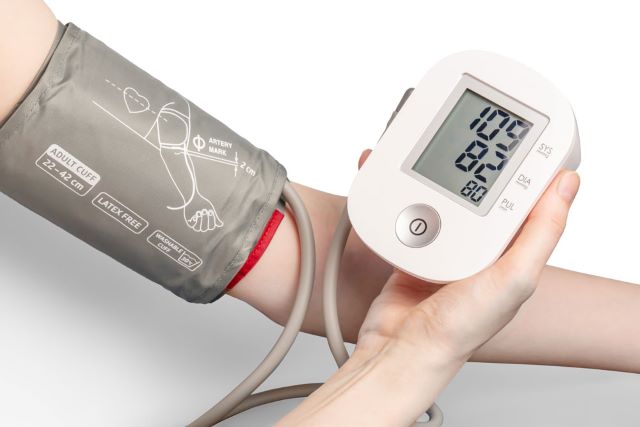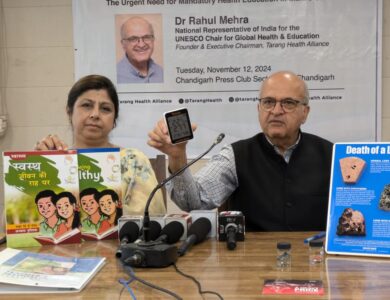Is Your Blood Pressure Normal? Find Out in This Eye-Opening Guide

Blood pressure is the force of blood pushing against the walls of your arteries. It is an important indicator of your overall cardiovascular health. There are two numbers in a blood pressure reading:
- Systolic pressure: This is the top number and measures the pressure when your heart beats.
- Diastolic pressure: This is the bottom number and measures the pressure when your heart rests between beats.
Blood pressure is measured in millimeters of mercury (mmHg).
Blood Pressure Categories
Blood pressure is categorized as follows:
- Normal: Less than 120/80 mmHg
- Elevated: 120-129/80 mmHg
- High blood pressure (hypertension):
- Stage 1: 130-139/80-89 mmHg
- Stage 2: 140/90 mmHg or higher
- Hypertensive crisis: This is a medical emergency that requires immediate medical attention. It is characterized by a systolic pressure of 180 mmHg or higher or a diastolic pressure of 110 mmHg or higher.
What Your Blood Pressure Numbers Mean
- Normal: If your blood pressure is normal, you are at a low risk for developing heart disease, stroke, and other health problems.
- Elevated: If your blood pressure is elevated, you are at an increased risk for developing high blood pressure. It is important to make lifestyle changes to lower your blood pressure.
- High blood pressure: If you have high blood pressure, you are at an increased risk for developing heart disease, stroke, and other health problems. Your doctor will work with you to create a treatment plan to lower your blood pressure.
- Hypertensive crisis: If you have a hypertensive crisis, you need to seek immediate medical attention. This is a serious condition that can lead to organ damage or death.
How to Lower Your Blood Pressure?
There are a number of things you can do to lower your blood pressure, including:
- Eating a healthy diet: Eating a diet that is low in sodium, saturated fat, and cholesterol and high in fruits, vegetables, and whole grains can help lower your blood pressure.
- Maintaining a healthy weight: Losing weight if you are overweight or obese can help lower your blood pressure.
- Exercising regularly: Getting at least 30 minutes of moderate-intensity exercise most days of the week can help lower your blood pressure.
- Reducing stress: Stress can increase your blood pressure. Finding healthy ways to manage stress, such as yoga or meditation, can help lower your blood pressure.
- Quitting smoking: Smoking can damage your blood vessels and increase your risk for heart disease and stroke. Quitting smoking is one of the best things you can do for your health.
- Limiting alcohol: Drinking too much alcohol can increase your blood pressure. If you drink alcohol, do so in moderation.
It is important to talk to your doctor about your blood pressure and how to keep it under control.
Follow Us








